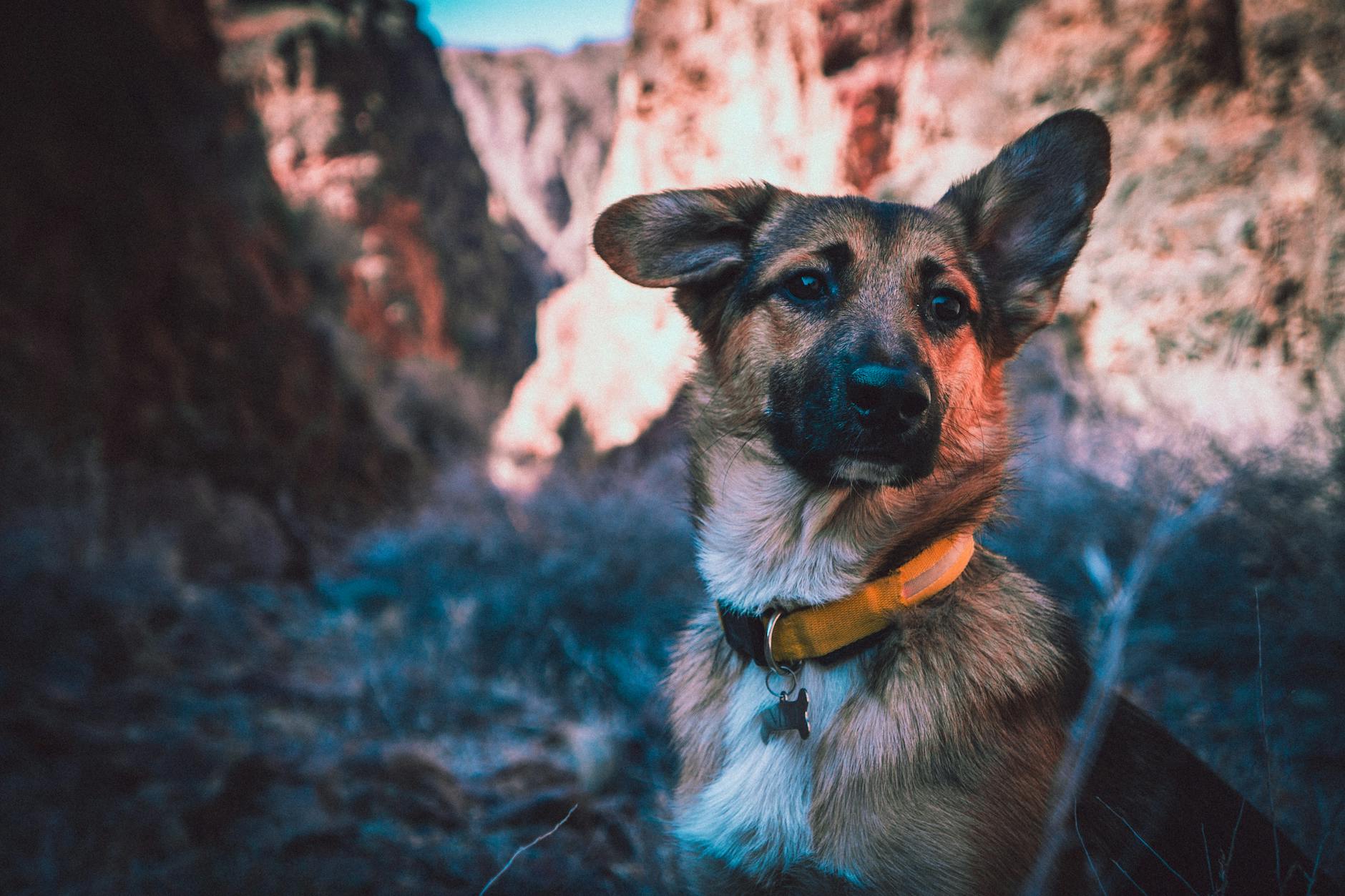Master Dog Training for Reactive Pups Today!

Understanding Reactivity in Dogs
Reactivity in dogs is often characterized by overly aggressive or fearful responses to specific stimuli, which can be other animals, people, or various situations. This response can result from genetics, lack of proper socialization, or past traumatic experiences. Training reactive dogs requires patience, consistency, and the application of the right techniques to help them become more balanced and confident animals.
Effective Techniques for Calming Reactive Dogs
Counter-conditioning and Desensitization
Counter-conditioning involves changing the dog's emotional response to a particular trigger, while desensitization is the gradual exposure to the trigger at a level that doesn't provoke a full-blown reactive response. Combining both techniques is a powerful way to help reactive dogs.
- Identify Triggers: Begin by identifying what causes your dog to react.
- Create a Positive Association: Offer treats or play to create a positive experience when the dog is exposed to a low-level trigger.
- Gradual Exposure: Slowly increase the presence of the trigger while maintaining positivity.
- Monitor Stress Levels: Watch for signs of stress and retreat to an easier level if necessary.
Positive Reinforcement Training
Positive reinforcement is about rewarding the dog for calm and desired behaviors therefore encouraging them to repeat those behaviors.
- Reward Calmness: Each time your dog remains calm in the presence of a trigger, reward them with treats or praise.
- Clicker Training: Introduce a clicker to mark the exact moment your dog exhibits the desired behavior, followed by a reward.
Redirecting Focus
Teach your dog to focus on you or perform an alternative behavior when they encounter a trigger.
- Focus Commands: Train commands like 'look at me' or 'touch' to redirect attention from triggers.
- Practice in Various Settings: Start in a controlled environment and gradually practice in areas with more distractions.
Professional Help
It's often beneficial to seek the help of a professional dog trainer or behaviorist to tackle reactivity with personalized guidance.
- Behavior Consultation: An experienced professional can help identify the root cause of reactivity.
- Specialized Training Plan: A customized training plan can be developed based on your dog's needs and environment.
- Support and Guidance: Trainers can provide ongoing support and modifications to the training regimen.
The Benefits of Master Dog Training for Reactive Dogs
Master dog training provides a structured environment in which reactive dogs can learn to manage their responses. The benefits of this specialized training include:
- Improved Behavior: Dogs learn how to behave appropriately both in and outside of their home environment.
- Stress Reduction: As dogs become less reactive, both they and their owners experience lower levels of stress.
- Strengthened Bond: The owner and dog develop a trusting relationship through positive training experiences.
- Increased Socialization: Dogs gain confidence and can have more positive social encounters with others.
Conclusion
Reactive dogs can be a challenge to train, but with patience, consistency, and the right techniques, it's possible to see a transformative change in their behavior. Master Dog Training offers the skills and support necessary to help owners guide their reactive pups toward a calmer and more controlled life. By unlocking the power of these expert tips and training methods, owners can enhance the quality of life for both themselves and their beloved canines.
Unlock the full potential of your reactive dog with Master Dog Training and witness the incredible change in your pup's behavior today.